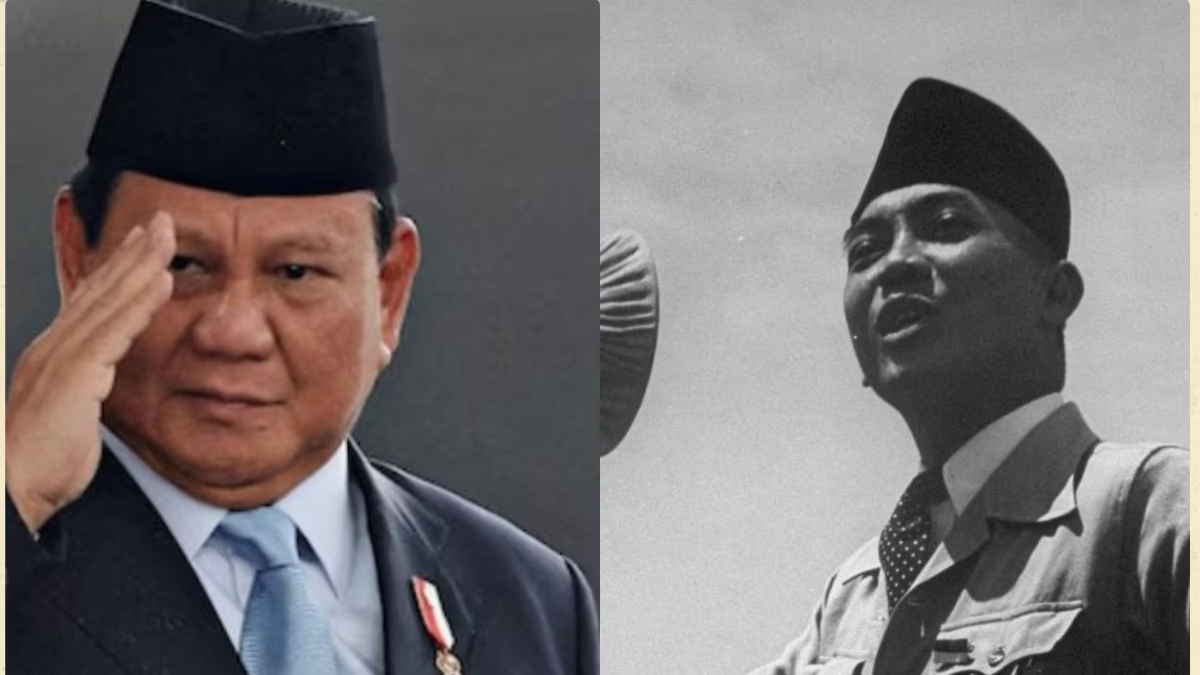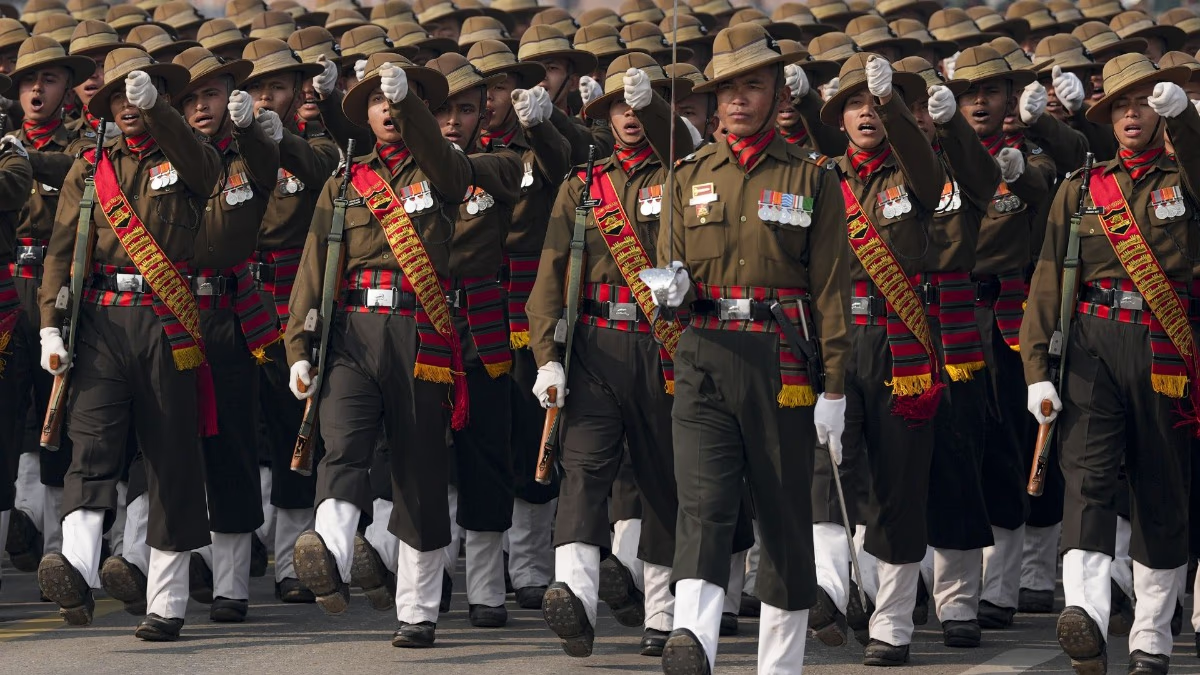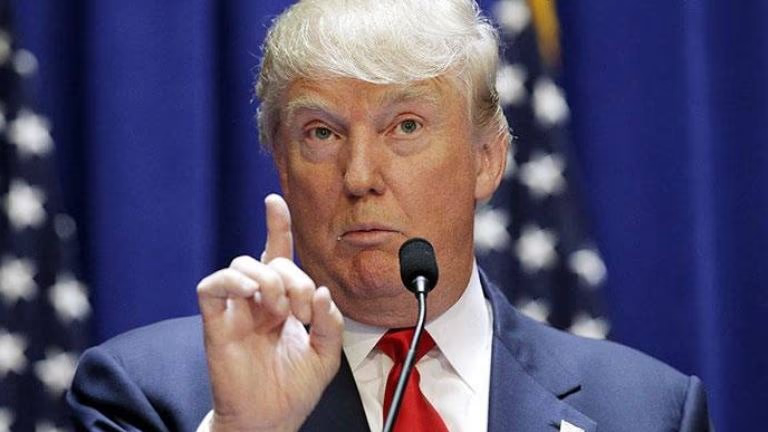The President of Indonesia, Prabowo Subianto, graces this year's Republic Day celebrations as the Chief Guest. This marks the fifth occasion an Indonesian leader has been invited to India for this prestigious event. In 1950, when India hosted its first Republic Day, President Sukarno of Indonesia was the esteemed guest, underscoring the deep historical roots shared by the two nations. But how have these ties strengthened post-independence? What is the significance behind repeatedly inviting Indonesia to this grand celebration?
Key Moments When Indonesian Leaders Attended Republic Day in India
In 1950, President Sukarno made history as the first Chief Guest at India's Republic Day. This was followed by a visit in 1984, with representatives from Bhutan and Indonesia, including Bhutan's King Jigme Singye Wangchuck and Indonesia's Chief of Staff General Rudini. In 2011, President Susilo Bambang Yudhoyono attended, and in 2018, ASEAN leaders, including Indonesia, were invited. Now, in 2025, President Prabowo Subianto continues this legacy.
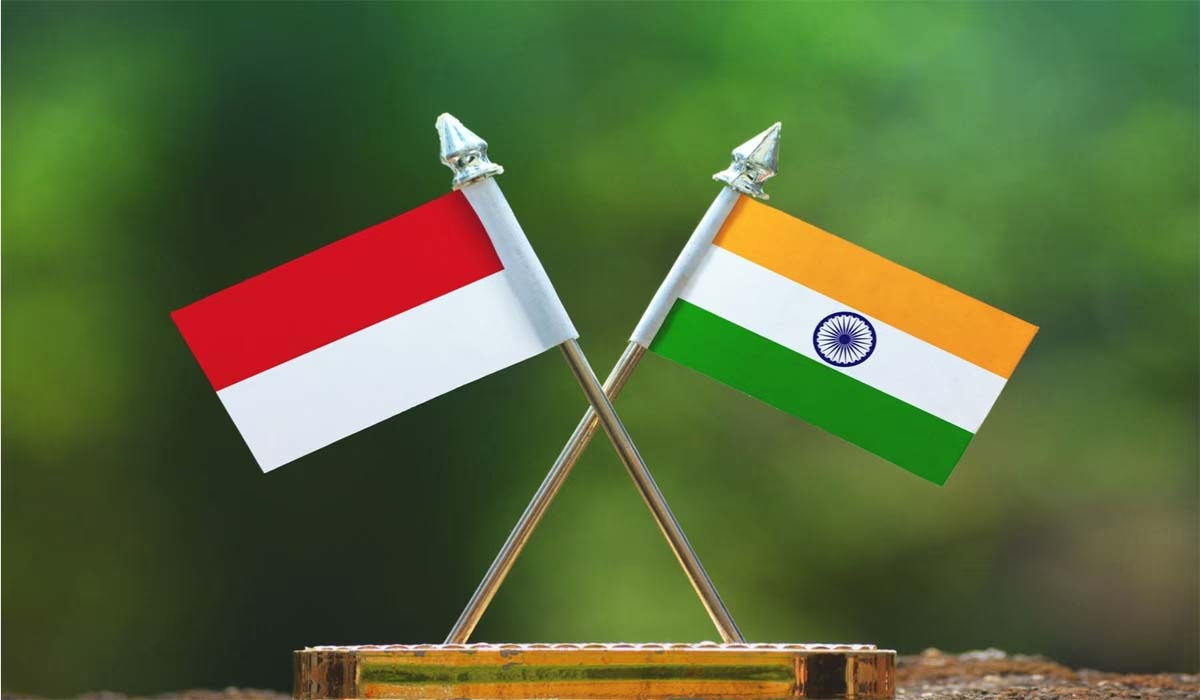
Source: aajtak
Sukarno's Historic Visit in 1950
The year 1950 was a pivotal time for both nations. In the backdrop of decolonization post-World War II, with the emergence of new sovereign states in Asia, President Sukarno's presence at India's first Republic Day held significant international importance. Both India and Indonesia had freshly won independence from colonial powers—India from Britain in 1947 and Indonesia from the Netherlands in 1949.
Significance of Sukarno's Visit to India
Sukarno's visit was a monumental step in fostering unity and cooperation between the two nations. Leaders Jawaharlal Nehru and Sukarno pledged to support Asian countries in their quest for freedom, exemplifying shared principles of independence, equality, and peaceful coexistence. The visit aimed to bolster political and economic ties and enhance solidarity among Asian countries.
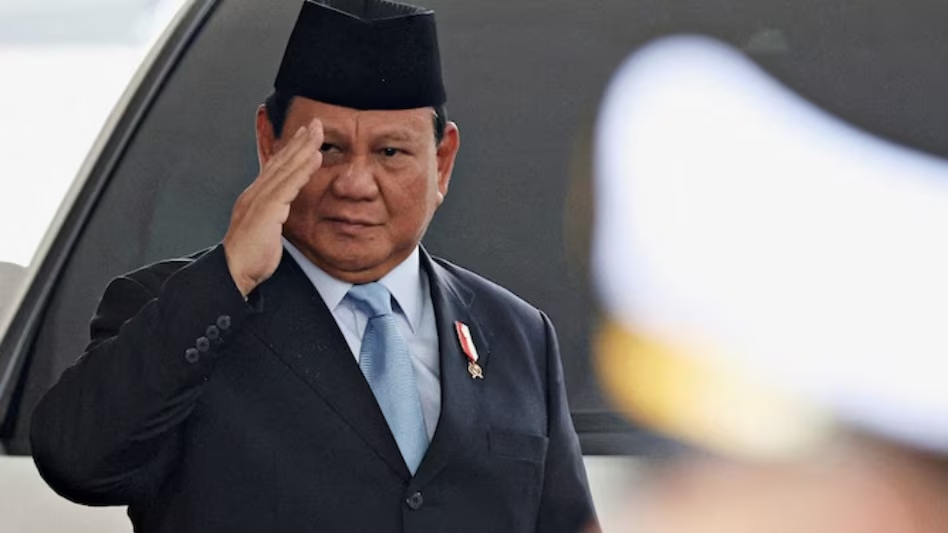
Source: aajtak
Also Read:
Non-Alignment and the Indo-Indonesian Connection
Since 1950, India and Indonesia have increasingly fortified their relationship, notably on global platforms like the United Nations and the Non-Aligned Movement (NAM). During the Cold War, when global tensions divided nations between Western allies and the Soviet bloc, Nehru and Sukarno pioneered the NAM, offering a third path and solidifying their roles as influential leaders on the international stage.
Over time, bilateral relations visibly strengthened, particularly in the 1990s when India implemented economic reforms in its foreign policy. This led to remarkable progress in trade, defense, and cultural exchanges. The landmark 2005 Comprehensive Partnership Agreement further amplified trade and investment opportunities.
Also Read:
Strategic and Defense Relations
Strategic and defense ties between India and Indonesia have seen substantial growth. In the early 21st century, both nations initiated significant projects to enhance defense cooperation, including regular defense dialogues and joint military exercises. In 2018, a pivotal agreement was signed to boost maritime security, counter-terrorism, and address global security challenges collectively.
Indonesia's Strategic Role Against China's Influence
Indonesia holds a critical strategic position in the Indian Ocean region, serving as an invaluable partner for India. Together, they've strengthened their strategic cooperation to counterbalance China's growing influence. Collaborative efforts between the Indian and Indonesian navies have fortified these strategic relationships.
India and Indonesia also share rich cultural and historical ties, evident in Indonesia's adoption of Hindu and Buddhist influences. This connection is palpable in Indonesia's temples, art forms, and literature. Additionally, business relations between the two countries continue to flourish annually.
